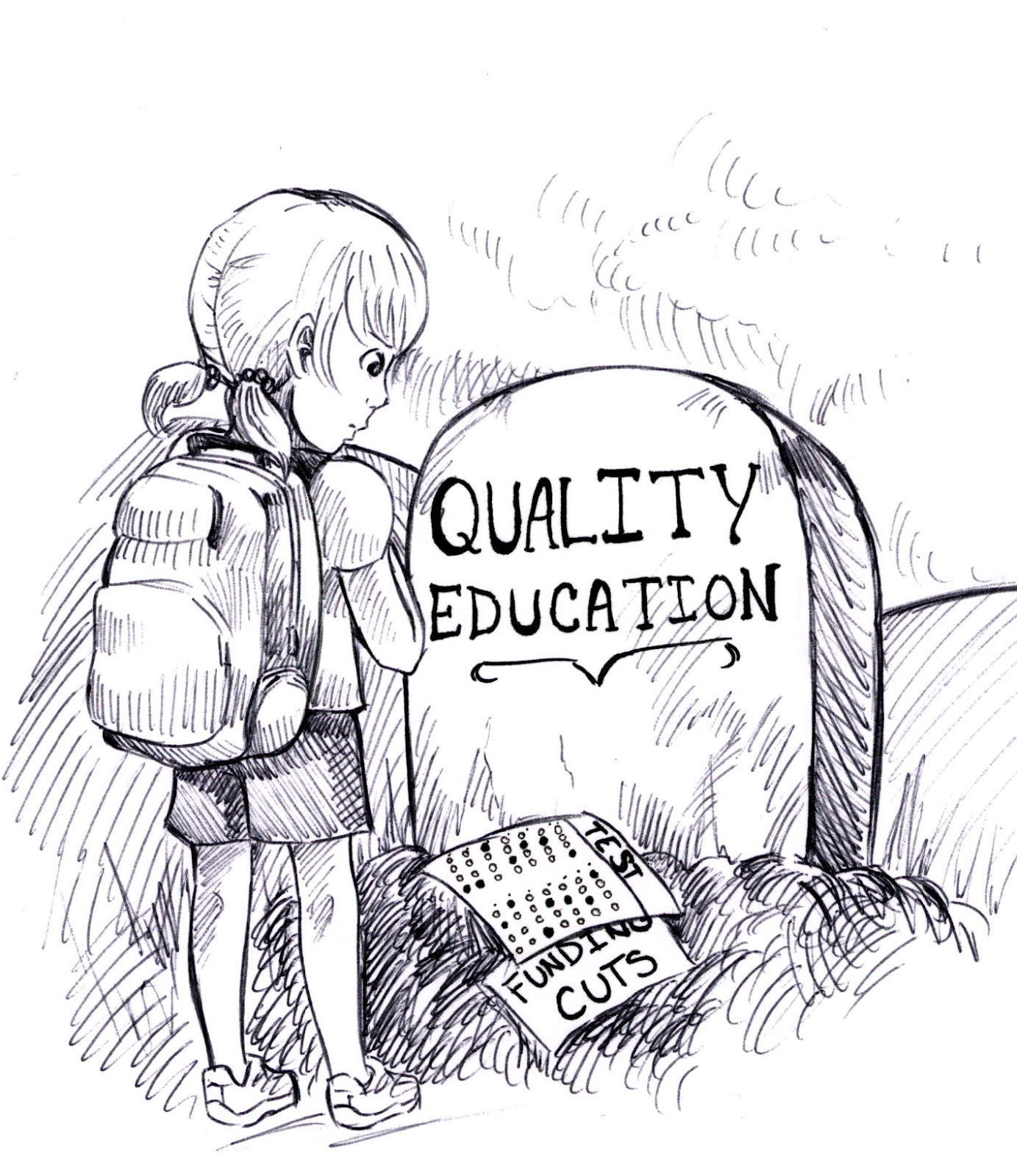The American education system tries to educate children universally instead of individualizing a plan for each student. Everyone is taught in the same language and taught the same methods in classrooms that are typically aimed at students around the same level. They’re given tests on subjects the system deems as useful information and if they don’t test well enough they are held back by grade levels. Foreign children are often singled out because they get penalized for not speaking English and aren’t knowledgeable about subjects that the education system teaches. The reading also recounts stories of immigrants being told they couldn’t speak their home language at school. American children are usually raised speaking English as a main language or second language; they’re also familiar with the history, the measuring system, customs, etc. School: The Story of American Public Education also explains how foreign students were given tests in the English language (a foreign language to them) and were defined by these tests.
Rich children are given more one on one time because they can afford small private schools that have smaller classroom sizes. Private schools also typically have more funding and are able to afford new equipment, higher qualified teachers, specialists, materials, and hands-on activities like field trips. Rich children also receive extra help and opportunities like tutoring or exam prep classes. Everyone learns differently and individualized learning and private schools put rich children at an advantage over poor children in America. People born outside of American culture may have been taught different things that aren’t on the system's curriculum. People who have knowledge outside of the things being taught in schools are also smart and don’t deserve to be tested and categorized as having low intelligence. I believe the school system favors American-born children who speak English and have money.
I also feel that the system can favor children who learn the way it's being presented and have good test-taking skills. Not everyone is good at taking tests; they often get so anxious and fail exams on subjects that they know. Everyone learns in a different way, some people learn through demonstration/visuals, some are hands-on, and some learn by reading steps and lessons. Children can also be very active at times and not be able to sit for long hours at a desk listening to lectures all day. Some children are better at athletics than academics and sports can be a motivating factor to sit down and figure out a plan to better their academics. Some schools can’t afford a sports program while rich schools never have to sacrifice one program over another.
For example, the public high school I attended put its funds towards vocational programs that allow students to branch more toward their career interests. They also provided students with Chromebooks to use for their academics. However, my high school did not have a sports program because of the lack of funds. My high school was public but also had a strict enrollment process. Students who excelled academically or had connections to the school's administration had an advantage. I believe the American school system can do better at providing equal education for all but it needs more flexibility for the diverse group of students it’s supposed to serve.





No comments:
Post a Comment